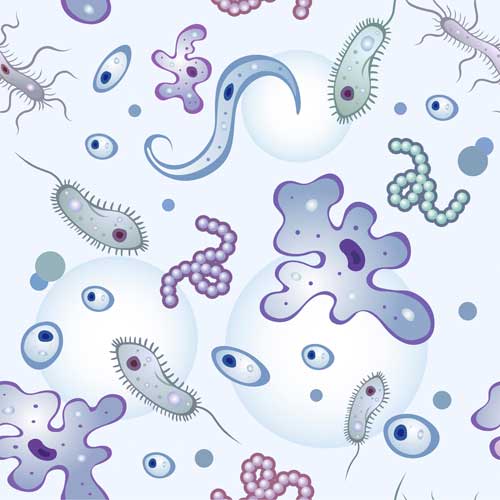Loss of life and serious illness from contamination of manufactured products that are consumed as food or used in medical procedures illustrate the need to prevent contamination events rather than merely detect them after the fact. High-profile news stories have described contamination events in compounding pharmacies (1), food processing and packaging plants (2) and medical device manufacturers (3). Although contamination in manufacturing settings can be physical, chemical, or biological, this article will focus environmental monitoring to determine the quality of a manufacturing facility with respect to microbial contamination.
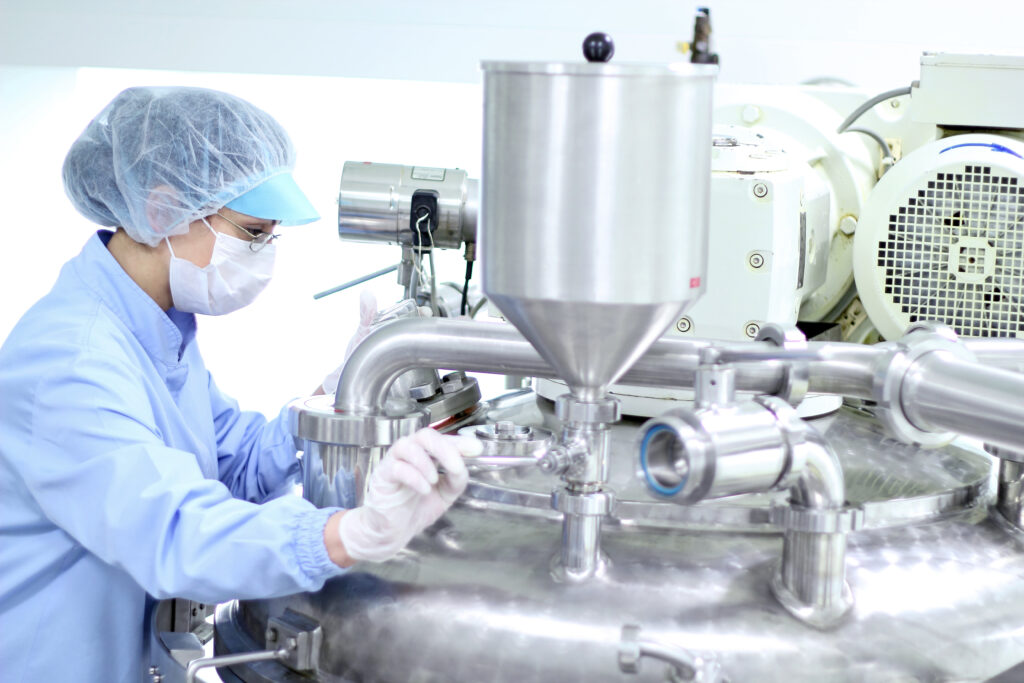
To ensure that the products they produce and package are manufactured in a high-quality, contaminant-free environment, many industries are required to establish routine environmental monitoring programs. Samples are collected from all potential sources of contamination in the production environment including air, surfaces, water supplies and people. Routine monitoring is essential to detect trends such as increases in potential pathogens over time or the appearance of new species that have not been seen before so that contamination events can be prevented.
Because environmental monitoring requires identification to the level of the species, most environmental monitoring programs will collect samples and then send them off to a facility to be sequenced for genomic identification of any microbial species. Such genotypic analysis involves DNA sequencing of ribosomal RNA (rRNA) genes to determine the taxonomic classification of bacteria and fungi. In this method, informative sections of the rRNA genes are amplified by PCR; the PCR products sequenced; the sequence is compared to reference libraries; and the results interpreted to make a species-level identification for a given microbial isolate.
Continue reading “On-site, In-house Environmental Monitoring to Obtain Species-Level Microbial Identification”

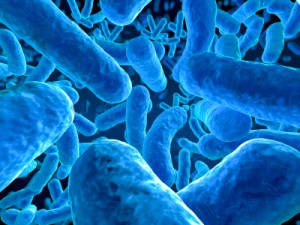
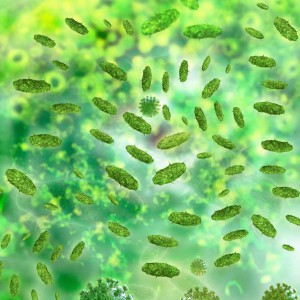

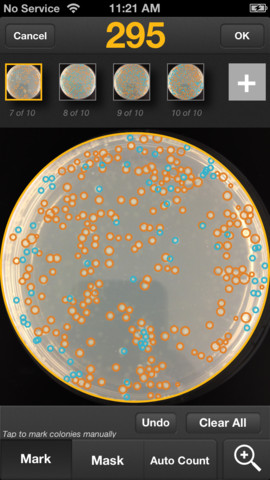 Do you count colonies on agar plates? Do you often need to average counts over a series of plates? The
Do you count colonies on agar plates? Do you often need to average counts over a series of plates? The 